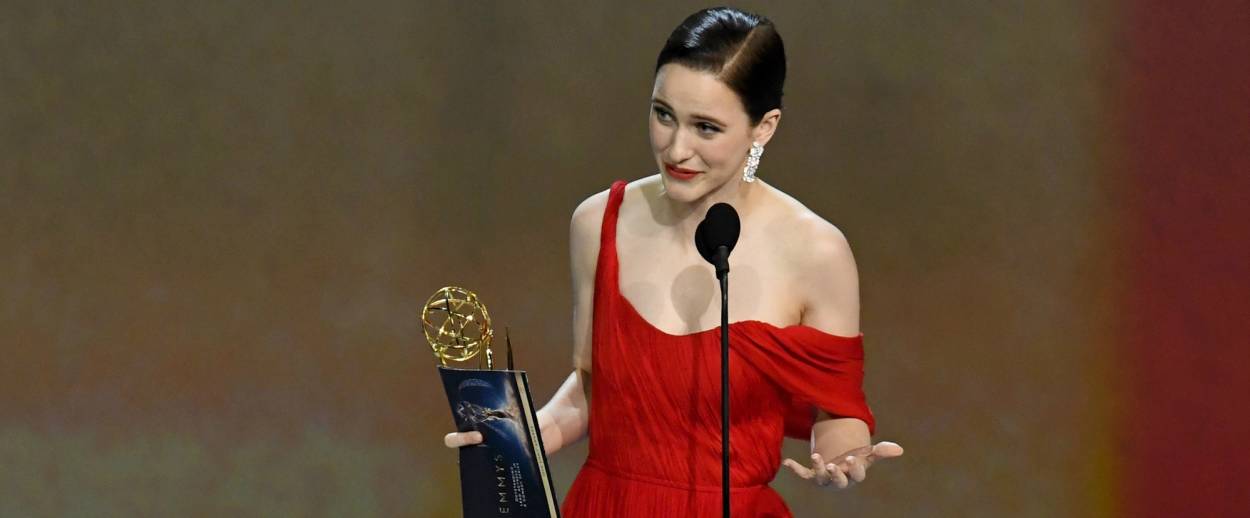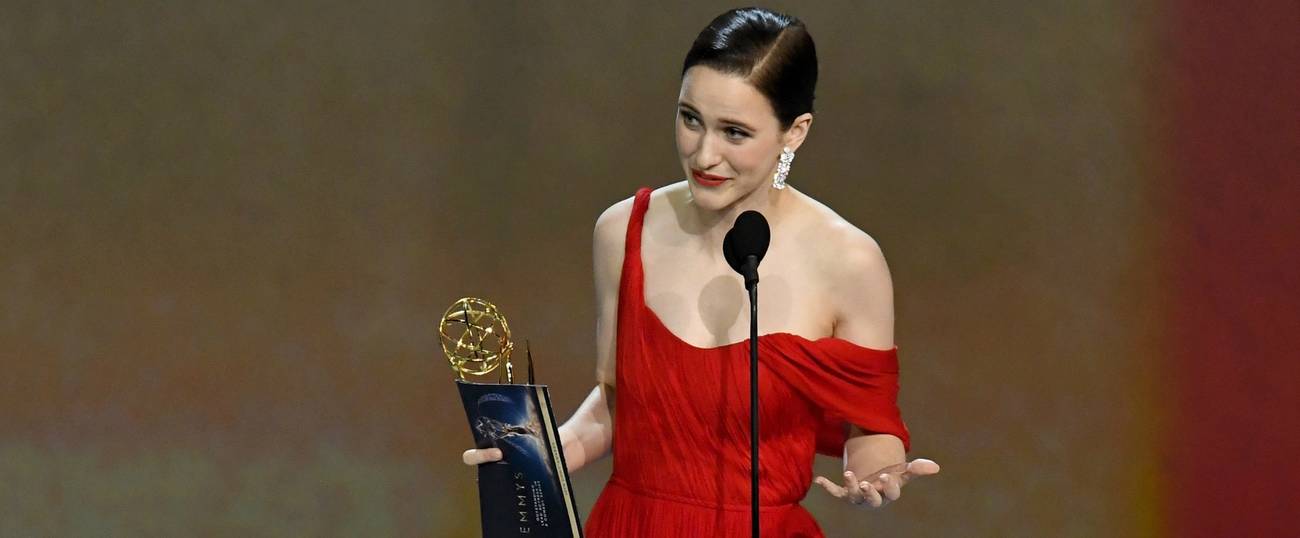Why We Don’t Need Jewish Actors to Play Jewish Roles
And why that isn’t necessarily true for other minorities




I don’t think we need only Jewish actors playing Jewish roles.
This is not in any way a statement against diversity in screen representation. Quite the opposite: I absolutely think we need disabled actors playing disabled characters. We definitely ought to see trans actors in trans roles. There is no doubt that Asian actors should be the ones in Asian roles, and black people should be representing black characters.
The difference is about what purpose the representation serves.
If we don’t prioritize trans actors, for example, to play trans characters, we simply won’t see many (if any) trans actors on screen. It is rare—almost nonexistent—for a trans actor to be given a role that is not specifically designated to be trans. It just doesn’t happen. So too with a lot of other minorities. If we want to see diversity on screen at all, it requires reserving minority roles for minority actors.
Jews just don’t have the same trouble getting cast. I won’t list all the prominent Jewish actors who have successful careers playing a wide variety of roles, very few of which are specifically Jewish, but offhand: Jake and Maggie Gyllenhaal, Natalie Portman, Seth Rogen, Rachel Weisz, and Jonah Hill are doing just fine. Scarlett Johansson is a veritable chameleon; not only is she not limited to Jewish roles, she isn’t even limited to white roles (unfortunately). Any challenges Zendaya or Maya Rudolph might have getting cast likely has more to do with skin color than religion. There are of course a lot more successful Jewish actors. A lot more. And they are doing just fine. Some of them play Jews sometimes. Not that often. We may need more Jewish characters represented. We absolutely need those Jewish characters to be represented accurately in terms of what Jews actually do and how they actually are. (Mrs. Maisel, I’m looking at you.) We just don’t need that to be done by Jewish actors.
This is a very different argument than claiming that certain roles can only be played effectively by certain actors because of their identity and life experience. Some people say that. I don’t.
I would never claim that there is a single unitary black experience, for example, that all black actors can access when they play black characters. I would never claim that the actor’s craft is always limited by the actor’s experience. Sometimes it is. Sometimes it isn’t. That doesn’t mean that actors shouldn’t prepare carefully for their roles, and understand how, say, someone walking with crutches would move given her particular disability and accommodations (Dr. Kerry Weaver, I’m looking at you.) They absolutely should. That’s part of the job.
Insisting on Jewish actors for Jewish roles, however, is quite different than insisting on actors of color for characters of color. We don’t see enough of either of the latter. That’s only going to get worse if we don’t reserve those roles for actors of color, even if their particular race and ethnicity doesn’t seem to be central to the plot. Jewish actors, on the other hand, have played a wide variety of roles. Sometimes to the point of silliness: In a particular episode of Glee, Lea Michele’s Jewish character was debating a nose job. She longed for the proboscis of the archetypal shiksa portrayed by Dianna Agron. Who is herself Jewish. Which, of course, doesn’t matter at all.
Jewishness is not immediately identifiable by looking at someone. This means that an actor’s religious identity and ethnicity need and ought not be brought to bear on the roles they can play. And that’s a good thing: Jews come in all shapes, sizes, and colors. (So, by the way, do their noses.) Having a variety of actors portray them reflects them much more effectively than would insisting on, say, big noses and curly hair as some kind of misguided nod to accurate representation. It’s different for a lot of other minorities, particularly those whose status is immediately visually obvious. That should also not limit the roles they can play, but it still does. Which means that we ought not to limit it further by giving those roles to someone else.
I’m much more concerned that Jewish characters are poorly represented by their plots and stories than by the people portraying them. It didn’t matter at all that Jennifer Aniston wasn’t Jewish when she played Rachel Green on Friends. It did matter that even Rachel Green often forgot she was Jewish. But so did Ross Geller; being played by David Schwimmer made no difference at all.
I’d comment on the other minority characters in Friends, but there aren’t really any. And that’s kind of the point.
Sharrona Pearl teaches medical ethics at Drexel University. Her most recent book is Face/On: Face Transplants and the Ethics of the Other. Her work is at sharronapearl.com and she is on Twitter @sharronapearl.